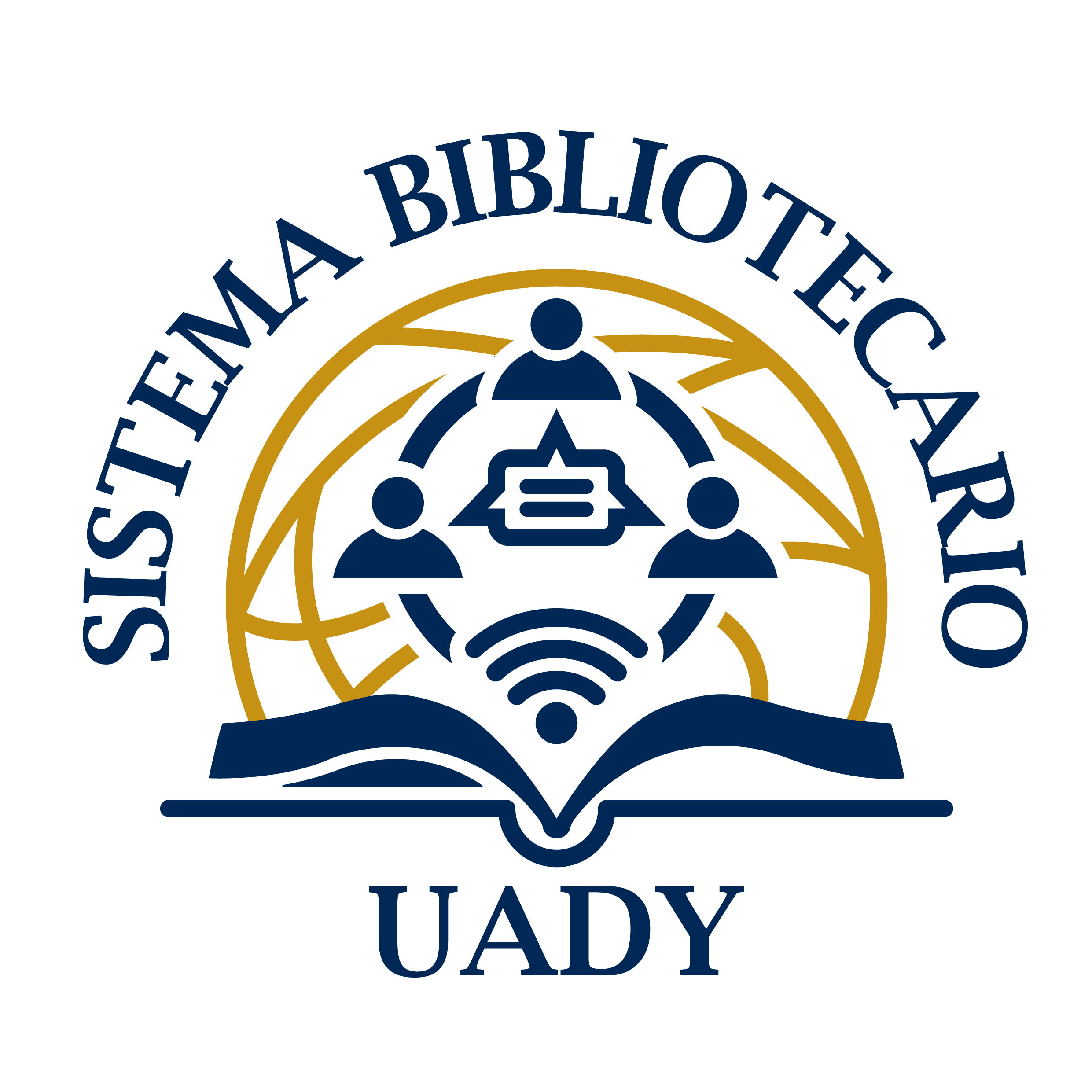Ethnomathematics and its Diverse Approaches for Mathematics Education / edited by Milton Rosa, Lawrence Shirley, Maria Elena Gavarrete, Wilfredo V. Alangui.
Tipo de material: TextoSeries ICME-13 Monographs | | ICME-13 Monographs | Cham :Springer International Publishing :Imprint: Springer,2017Descripción: 1 recurso electrónico (X, 366 páginas); 77 ilustraciones., 67 ilustraciones en colorTipo de contenido:
TextoSeries ICME-13 Monographs | | ICME-13 Monographs | Cham :Springer International Publishing :Imprint: Springer,2017Descripción: 1 recurso electrónico (X, 366 páginas); 77 ilustraciones., 67 ilustraciones en colorTipo de contenido: - texto
- computadora
- recurso en línea
- 9783319592206
- 370
- 23
| Tipo de ítem | Biblioteca actual | Colección | Signatura topográfica | Estado | Fecha de vencimiento | Código de barras | |
|---|---|---|---|---|---|---|---|
| Libro Electrónico (LE) | Biblioteca Virtual | Colección Electrónica (CE) | Disponible | BIV0003410 |
Introduction -- Chapter 1 - An Ethnomathematics Overview: An Introduction -- Part I - Research Approaches on Ethnomathematics: Collection of Field Data -- Chapter 2 - Weaving Culture and Mathematics in the Classroom: The Case of Bedouin Ethnomathematics -- Chapter 3 - Listening to the Voices of the Knowledge Holders: The Role of Language in Ethnomathematical Research -- Chapter 4 - Techniques and Learning Process of Craftswomen in Brazil -- Part II - Pedagogical Action of Ethnomathematics: Classroom Applications -- Chapter 5 - Once Upon a Time? The Gypsy Boy Turned 15 while Still in the First Grade -- Chapter 6 - Mathematical Ideas in Chundara Culture: Unfolding Nepalese Teaching and Learning System -- Chapter 7: Meaningful Mathematics Through the Use of Cultural Artifacts -- Part III - Purpose of Ethnomathematics in Mathematics/Mathematics Education: Cross-Cultural Situations -- Chapter 8 - Ethnomathematics and Culturally Relevant Mathematics Education in the Philippines -- Chapter 9 - The Role of Culture and Ecology in Visuospatial Reasoning: The Power of Ethnomathematics -- Chapter 10 - Cultural and Mathematical Symmetry in M?ori Meeting Houses (Wharenui) -- Chapter 11 - An Ethnomodel of a Penobscot Lodge -- Part IV: Philosophical Features of Ethnomathematics: A Theoretical Basis -- Chapter 12 - Ethnomathematics and its Pedagogical Action in Mathematics Education -- Chapter 13 - The Evolution of Ethnomathematics: Two Theoretical Views and Two Approaches to Education -- Chapter 14 - The Critical-Reflective Dimension of Ethnomodelling -- Conclusions -- Chapter 15 ? Some Conclusions about Ethnomathematics: Looking Ahead.
This book addresses numerous issues related to ethnomathematics and diverse approaches to it in the context of mathematics education. To help readers better understand the development of ethnomathematics, it discusses its objectives and assumptions with regard to promoting an ethics of respect, solidarity, and cooperation across and for all cultures. In turn, the book addresses a range of aspects including pedagogical action, culturally relevant pedagogy, innovative approaches to ethnomathematics, and the role of ethnomathematics in mathematics education. Ethnomathematics offers educators a valuable framework for transforming mathematics so that it can more actively contribute to realizing the dream of a just and humane society. As such, its primary goal is to forge mathematics into a powerful tool to help people create a society characterized by dignity for all, and in which iniquity, arrogance, violence, and bigotry have no place. .


